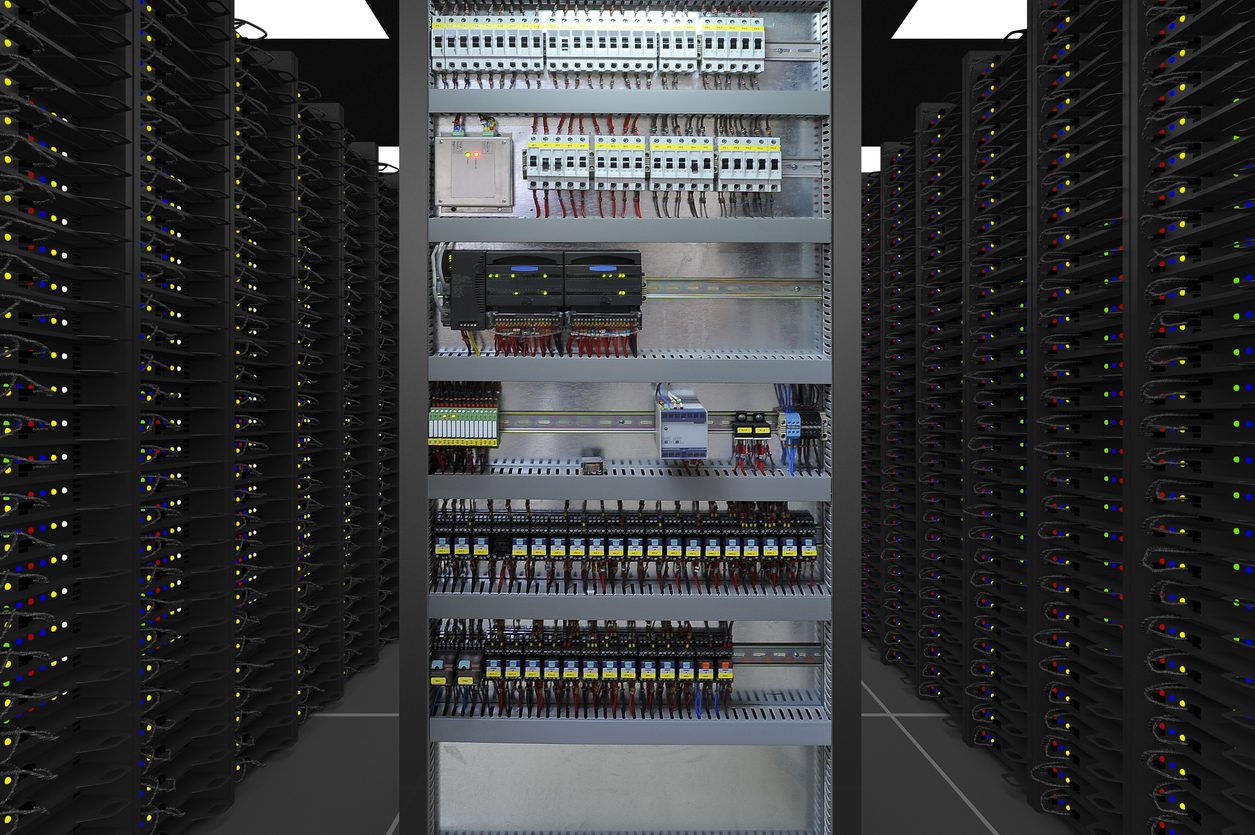Award Magazine, By Natalie Bruckner
In the vast landscape of Canada’s electrical and communications systems industry, remarkable advancements in electrical engineering have ignited a wave of innovation across various sectors. From the institutional to the commercial, industrial, and multi-unit residential sectors, the application of cutting-edge technology has revolutionized the way we interact with and harness electrical power. These advancements have not only propelled efficiency and sustainability to new heights, but have also paved the way for integrated communications systems that seamlessly connect individuals and organizations.
Ben Rajewski, engineering manager at Williams Engineering, echoes Kaur and Johnson’s sentiments and says the dominant trends he is seeing in the electrical and communications systems industry continue to be electrification and sustainability. Clients are increasingly prioritizing climate change and their carbon footprint, leading to a surge in the demand for the electrification of
building systems.
“We have been working on studies to assess the existing building capacity, not only to incorporate EV chargers for all tenants, but also to evaluate the implications of replacing natural gas with electric heating and adding air conditioning to previously non-air-conditioned units,” explains Rajewski. He foresees a future where many buildings will require larger electrical services to
accommodate this growing electrification trend.
The increasing electrical demand in buildings poses challenges for electrical utilities to meet the surge in power demand, as well as for building owners to find adequate space for larger electrical equipment. “We will be working with clients to help redesign their spaces to size their new service, accommodate the new electrical equipment in existing spaces, and provide power to the new electrical devices. We have already done this for a variety of clients and expect this trend to continue. Various manufacturers are also making technology that will help share power and not overtax existing services,” Rajewski says. Williams Engineering has been actively involved with a client in Yellowknife, exploring alternatives to a diesel generator. The focus is on implementing green energy solutions like solar panels with battery storage. Rajewski adds, “We presented the client with several options, and we are now awaiting their decision on whether to proceed with the construction.”
Looking ahead, Rajewski expresses both excitement and caution regarding the impact of AI on building design. While AI can enhance efficiency and offer innovative options, Rajewski emphasizes the ongoing importance of effective communication between engineers and clients, as tasks like drafting may transition more towards editing in the future.
Read a full article in Award Magazine – Award-September-2023-Amped-Up
